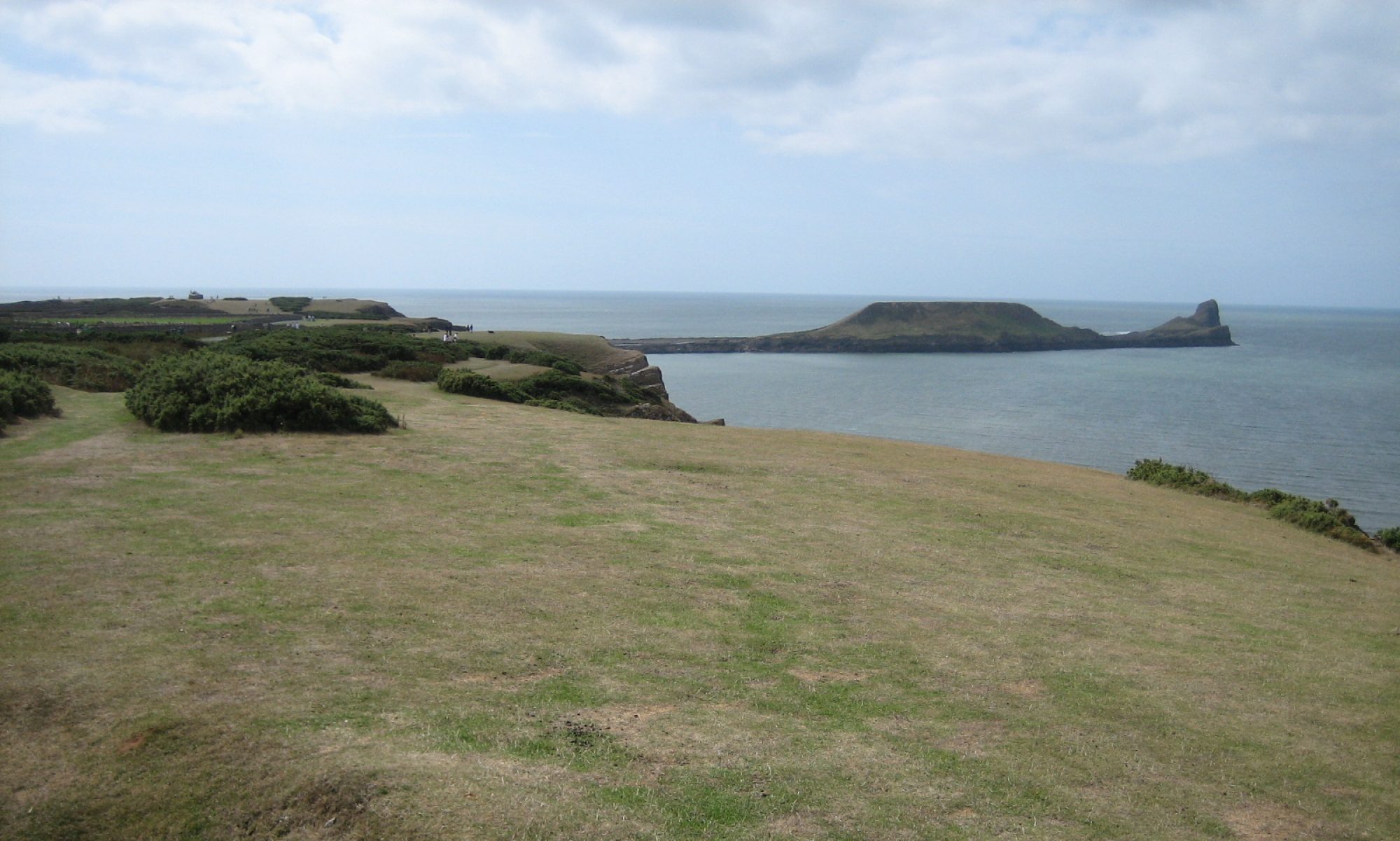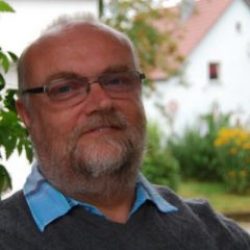 |
| Socrates |
Week 7 in PLENK2010 was concerned with PLE/N tools (What Exists, What is Being Built?):
Many of the tools that fit under the PLE/N umbrella have been appropriated by educators from other fields. This isn’t necessarily a problem, but it does reflect a sense that educators are not building tools for themselves. The software that we use in this course is a bit of an exception. We [the facilitators] rely on various open source tools (Moodle, WordPress), proprietary tools (Elluminate), and tools that have been developed with feedback from facilitators and experiences in other open courses (i.e. Stephen [Downes] has written the software for The Daily and content aggregation – gRSShopper).
To use these tools for teaching and learning requires a certain skill set on the part of end users. Two significant challenges exist for educators and PLE/Ns:
1. Create new tools – what do we need? What functionality is missing in PLEs?
2. Improve end user experience – new tools, new interfaces, and ease of use.
For me, the highlight of the week was the Wednesday discussion (Elluminate recording here) in which Maria Andersen presented her ideas on a new transformative personal learning idea Learn This based on the simple idea that “learning should simply be by way of Socratic questioning, where questions are rephrased as answers.” [1]
Knowing little about Socrates, the Socratic method or dialectics (apart from a vague recollection of an episode of In Our Time), I was keen to explore how the Socratic questioning might work. So I turned the week’s questions into a discussion Socratic questions about PLENK in which I posed the questions:
- What new tools do we need to create?
- What functionality is missing in PLEs?
- How could we improve the learner’s experience?
The discussion that followed has been wide ranging and extremely interesting. It even attracted the spirit of Socrates himself. Furthermore, it is still ongoing, so I will not attempt to summarize it here.
As PLENK moves into Week 8 (Personal Knowledge Management) I’m still not sure what a personalized learning system based on “Socratic questioning where questions are rephrased as answers” would look like in practice. But herewith, I open up the debate to a wider audience.
Reference
[1] Andersen, Maria H. “The World is My School.: welcome to the Era of Personalized Learning”, (to appear in The Futurist, Jan/Feb 2011). See early draft: Holy Grail in Education.
Image of a bust of Socrates by Victor Wager, University of Western Australia, Crawley, Western Australia. Photographed by Greg O’Beirne. Part of the Wikimedia Commons.

